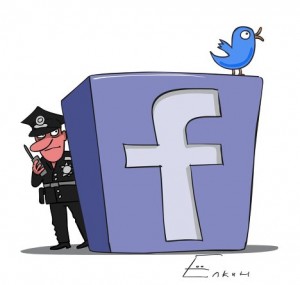Robert Paul Wolff, now a Grand Old Man, reflects on Occupy Wall Street,
… the Occupy Wall Street Movement has already won, since it has utterly changed the public conversation in America. The brilliant polemical device of defining the fundamtnal issue as a struggle between the 1% and the 99% — a definition that cannot, of course, withstand any sort of serious political and economic analysis — has thrust into the public space the issue of income and wealth inequality and the consequent power inequality. Precisely because the roots of this inequality lie so deeply embedded in the structure of capitalism, no laundry list of manageable reforms can address it. The refusal of the OWS movement to formulate such a list is strategically brilliant, and infuriating to those in Washington who would just like to know "what they want" so that a palliative deal can be struck.
The success of the movement is astonishing when one reflects on how small it is. I may be way off, but it seems to me that nation-wide there cannot have been many more than forty or fifty thousand active OWS participants. Now, this is a nation of roughly 330,000,000, so the movement has involved maybe fifteen one thousandths of one percent of the population. Any Sunday pro football game is probably watched by twice that many people in the stands.
Myself, I don’t think OWS has yet won quite as much as this suggests. OWS has moved the Overton window, but I think our national conversation on wealth and inequality is still not back to where it was in, say, the Great Society days. As of yet, there’s no sign taxes will regain the progressivity they had under Nixon or Reagan, not to mention Eisenhower.


